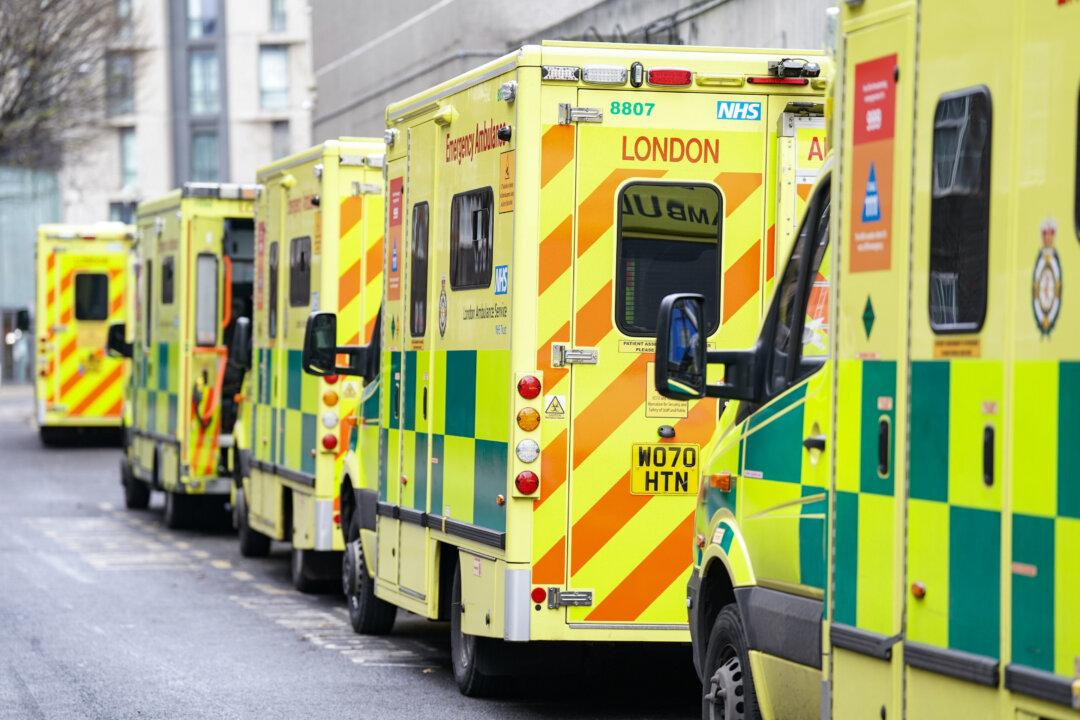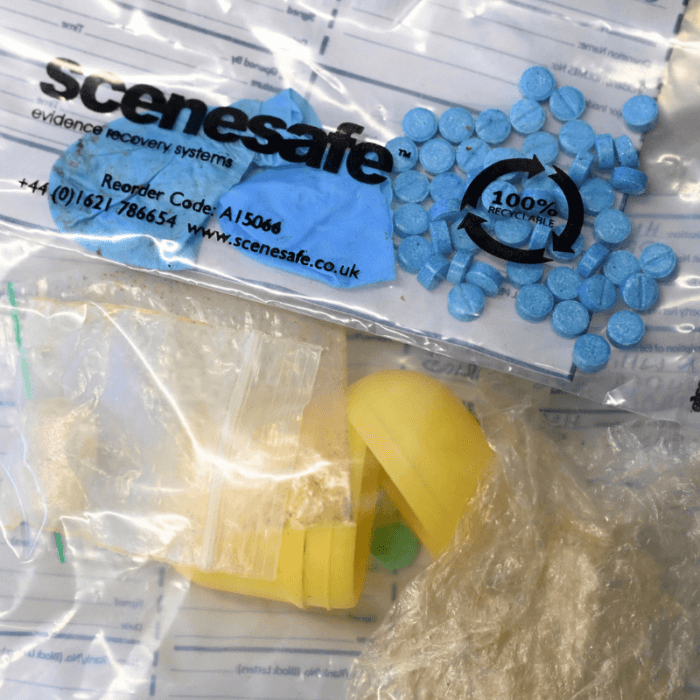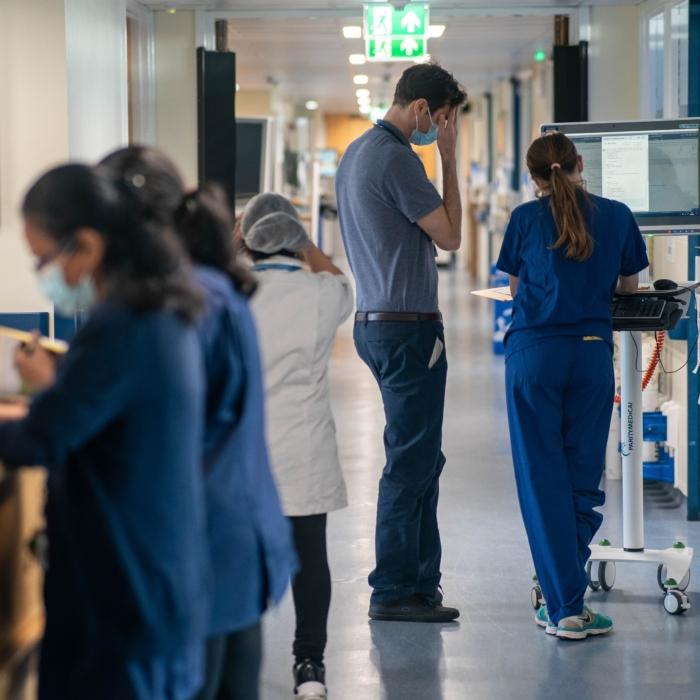Ambulance services are spending “significant” time attending medical emergencies in prisons that are then “cancelled” or “not serious enough,” a health safety watchdog has found.
One NHS trust said that in 2023 it received approximately 5,000 calls from prisons across its region. The HSSIB report found that approximately 25 percent of calls were stood down prior to dispatch.
According to the watchdog, miscommunication in emergency callouts stems from multiple handovers of information and prison staff not understanding clinical terminology.
In one case, where a patient was described as “unresponsive,” air ambulance and ambulance crews were dispatched to attend the call. Upon arrival, the paramedics found that the patient was simply refusing to answer questions.
The investigation also found a case where an ambulance crew was called to attend to a 90-year-old patient who had twisted his ankle. The patient turned out to be a 30-year-old man with multiple stab wounds.
On some occasions, ambulance crews arrived at a scene to discover they were dealing with multiple patients.
Codes and Recommendations
There are 122 prisons in England and Wales and each facility has a health care department that provides GP services, as well as opticians, dental services, and substance misuse services.Emergency care in prisons is provided by 10 NHS ambulance trusts that cover large geographical areas and services to multiple prisons across their areas.
A medical emergency in prisons would prompt prison officers to alert staff of the situation and assess the gravity of the injury.
The two colour codes for emergencies are “code red” for blood and burns and “code blue” for breathing and collapses.
The investigation found that the emergency code response cards given to prison staff are “not designed” to best help them in identifying a medical emergency.
According to HSSIB, prison staff need to be further trained to better identify medical emergencies that require 999 calls. This will reduce the number of calls and diverted ambulances and ease the pressure on the NHS, the report said.
Another recommendation would see the Association of Ambulance Chief Executives work with HM Prison and Probation Service to set up formal communication routes between prison and ambulance services.
The large volume of 999 calls from prisons calling for non-emergencies stem from fear among prison staff of having to go to a coroner’s court or being blamed for making a wrong decision, the report found.
Prison staff, following the official guide for calling a medical emergency, are told that it is “better to act with caution and request an ambulance that can be cancelled if it is later assessed as not required.”
The NHS urgent and emergency care provision has been has been under “significant strain” for “far too long,” according to the president of the Society for Acute Medicine, Dr. Nick Murch.
He cited overcrowding and lack of resources as being among factors adding to the pressure on the NHS. According to official data released in June, 1 in 10 patients attending emergency departments in May waited 12 hours or more.
In July, 999 emergency services responded to over 820,000 calls, averaging 26,500 per day. This was fewer than in most months of 2022 but more than in most months of 2023.







